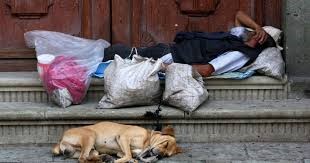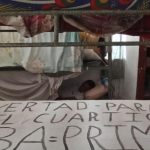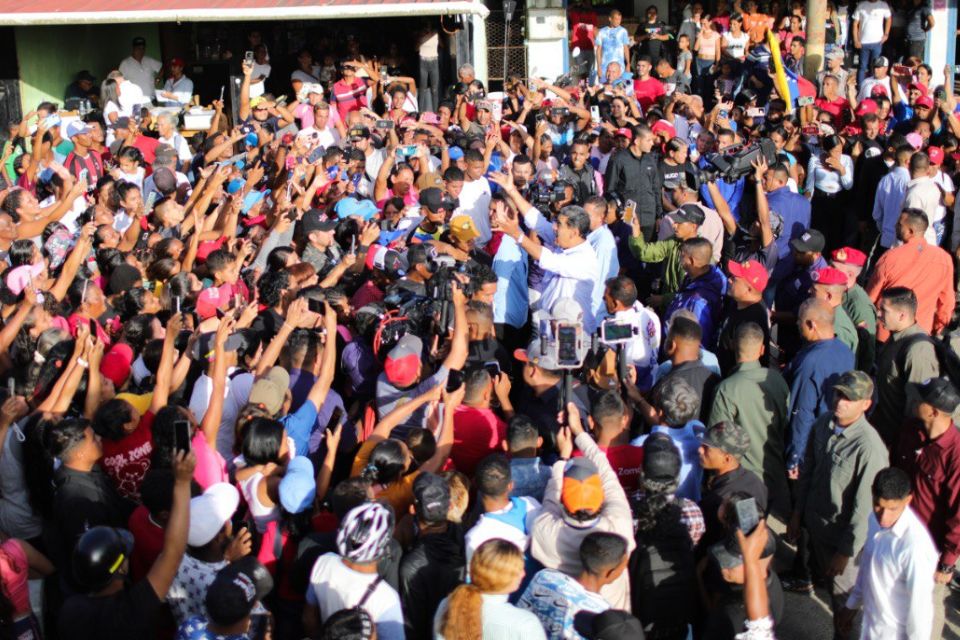There are changes that will come into effect in the coming days and MIDES is working on their implementation.
The compulsory hospitalisation regime will be implemented starting this week, after Parliament approved the legal amendment to the law on the provision of compulsory care.
The new article gives the Ministry of Social Development (MIDES) the power to “request the corresponding health provider or different medical care centers to hospitalize people who are completely outdoors, even without their consent, provided that their judgment is affected as a result of a decompensation of their psychiatric pathology or by the consumption of psychoactive substances.”
The director of Social Protection at MIDES, Fernanda Auersperg, explained that the ministry has been working for several months to comply with the legislation.
In addition to creating a well-oiled system between the Ministry of Public Health and the Ministry of the Interior, the Ministry of Social Development is providing training so that officials who work on the streets know how to act in certain situations they may face.
The director emphasized that the legislation is for “specific cases” in which the person in question has a state of decompensation that affects his or her health or is a risk to third parties.
“A person who is naked, who is shouting or threatening neighbours,” Auersperg gave as an example, adding: “A person who sleeps in the square, who takes drugs there but does not bother anyone and who gets along well with the neighbours will not be treated under the scope of this article.”
In these cases, police officers are expected to accompany MIDES workers, given that homeless people are often aggressive towards officials due to their health condition or resist being taken to a health center. They will also have doctors who will sign the corresponding certificates and certify the condition of the citizen being treated.
Once the person regains his or her ability to reason, MIDES will begin the corresponding consultations to determine whether he or she wants to leave homelessness and begin treatment or go to a shelter. If the answer is negative, the individual may choose to return to living on the streets.
Fernanda Auersperg believes that there will not be a sudden change in the number of people living on the streets, although she did note that it will be an ideal mechanism to safeguard the integrity of the residents and of the affected person who is out in the open.


















